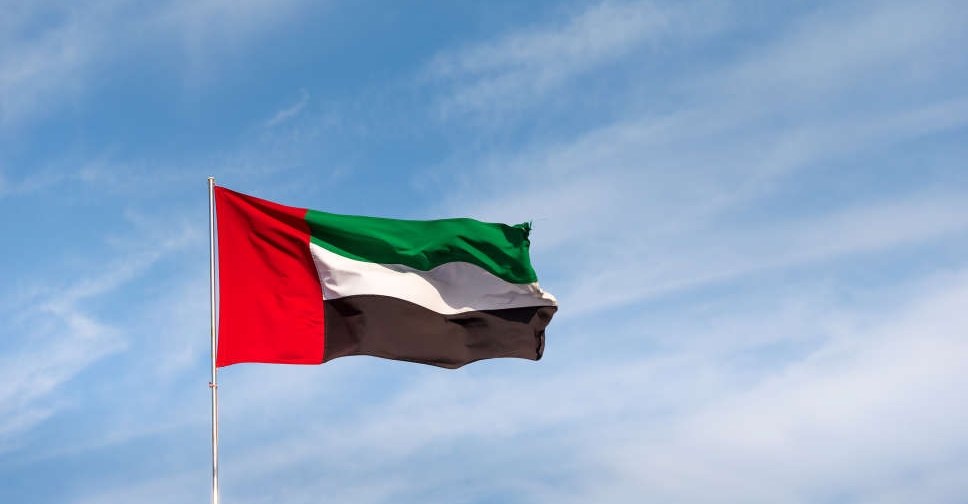
The UAE has taken political critic Abdul Rahman Al-Qaradawi into custody on Thursday after being extradited from Lebanon at the request of Emirati authorities.
The Central Authority in the UAE, represented by the Ministry of Justice, requested Al-Qaradawi’s extradition, who faces charges of “engaging in activities that aim to stir and undermine public security,” state news agency WAM said.
“The UAE unequivocally reiterates its firm stance against anyone who targets its security and stability, and affirms that it will relentlessly pursue any individual who poses a threat to national security and take all necessary legal measures,” WAM said.
Al-Qaradawi had recorded a video of himself at the Umayyad Mosque in Damascus, criticising the authorities of the UAE, Egypt, and Saudi Arabia after the overthrow of Syrian President Bashar Al-Assad.
Egypt had also requested the 52-year-old Egyptian-Turkish national’s extradition.
The Lebanese Cabinet votes in favour of his extradition to the UAE on Tuesday.



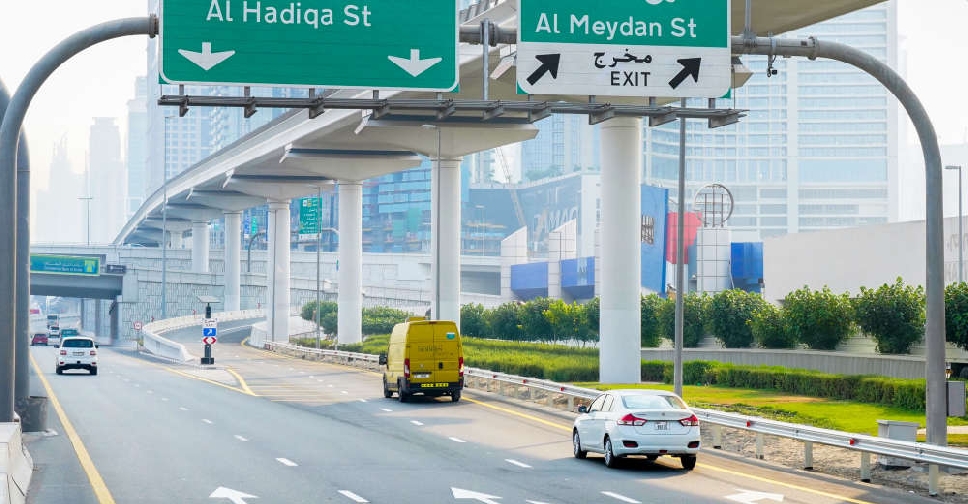 New upgrades boost connectivity between Sheikh Zayed, Al Khail roads
New upgrades boost connectivity between Sheikh Zayed, Al Khail roads
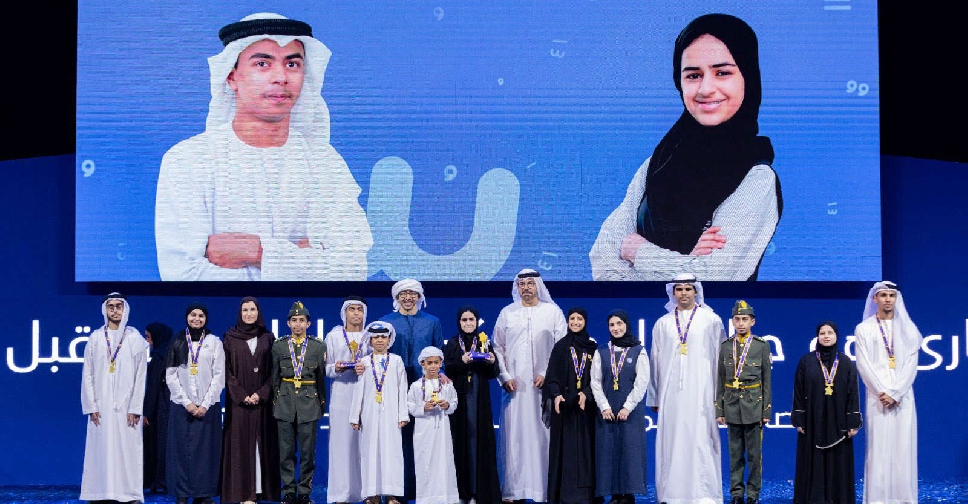 Abu Dhabi student wins UAE qualifiers of Arab Reading Challenge
Abu Dhabi student wins UAE qualifiers of Arab Reading Challenge
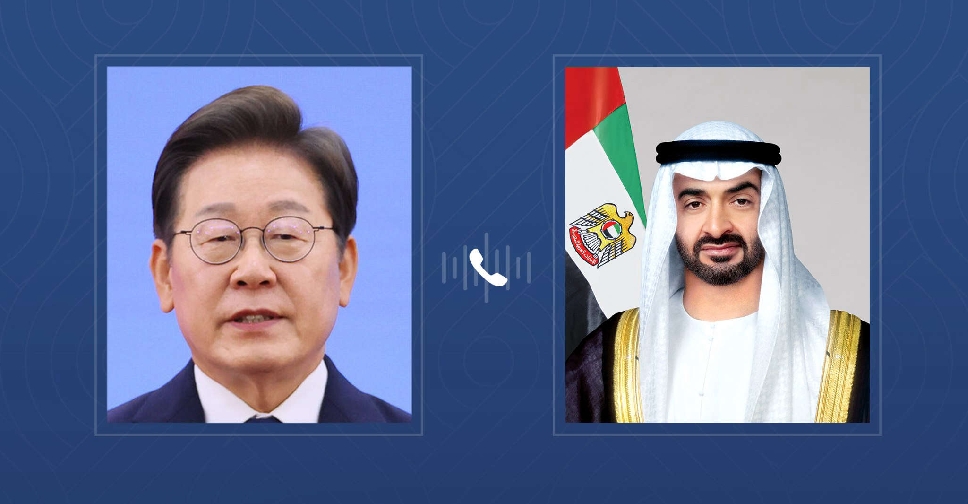 UAE, South Korea leaders hold talks on strategic partnership
UAE, South Korea leaders hold talks on strategic partnership
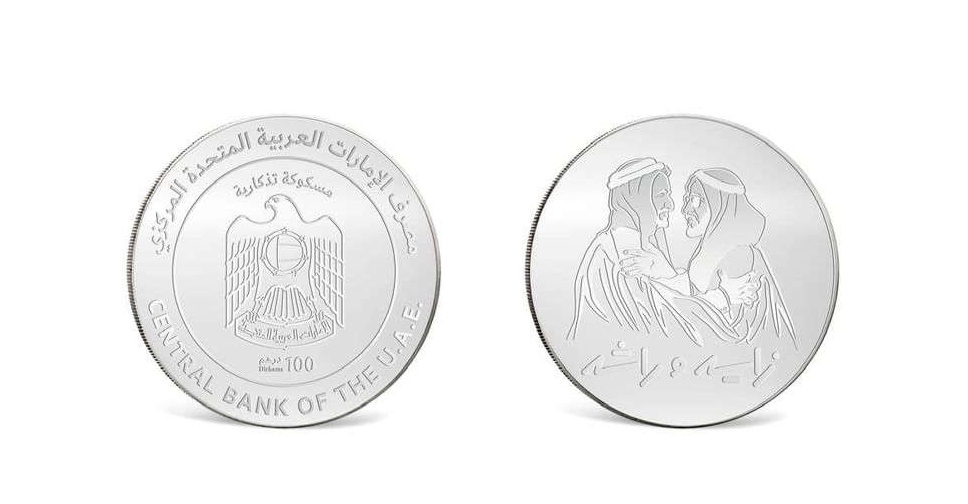 UAE issues special coins to honour Sheikh Zayed and Sheikh Rashid
UAE issues special coins to honour Sheikh Zayed and Sheikh Rashid
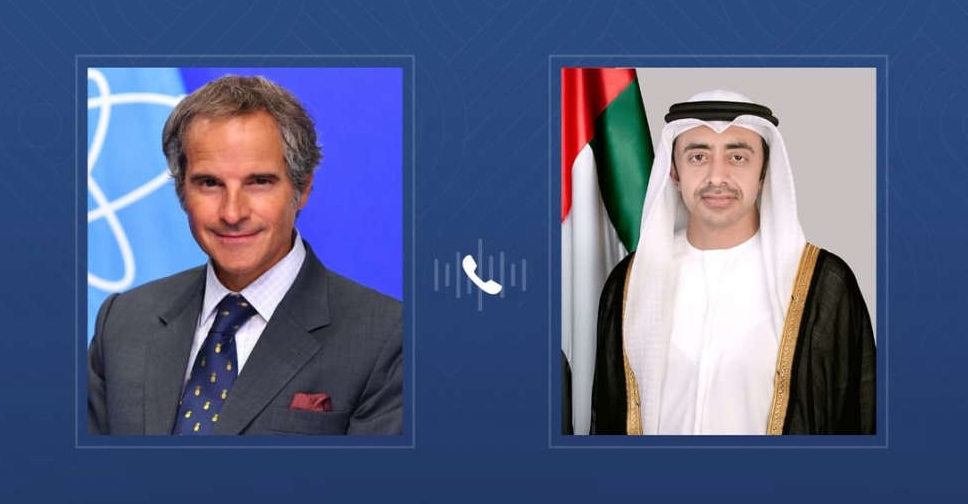 UAE expresses support for IAEA's role in promoting peaceful nuclear energy
UAE expresses support for IAEA's role in promoting peaceful nuclear energy







